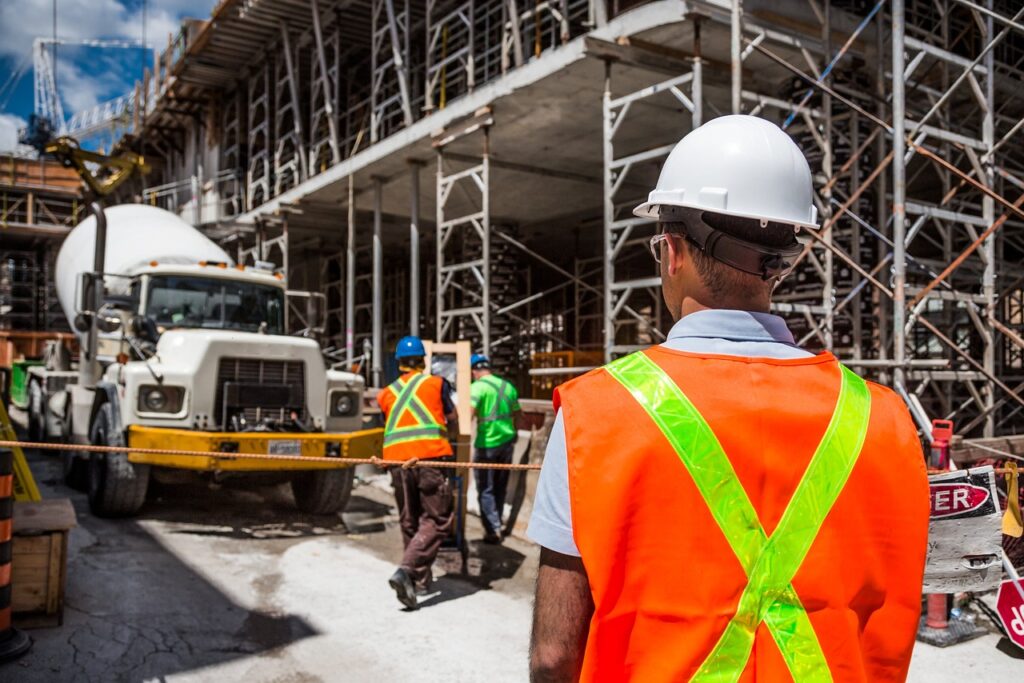
Managing construction projects can be a challenging task. There are many moving parts, from planning and design to execution and closure. Good project management ensures that everything runs smoothly, stays on schedule, and comes in under budget. Understanding some basic tips can make this process much easier and more efficient.
One of the key elements of managing a construction project is effective communication. Clear and consistent communication helps avoid misunderstandings and keeps everyone on the same page. Another important tool is construction management software, which helps organise and streamline various aspects of the project. These tools can make it easier to track progress, manage resources, and handle changes.
Risk assessment is also crucial in construction project management. Regularly identifying and addressing potential risks helps prevent unexpected issues and keeps the project running smoothly. Training and collaboration among the team members further support the project’s success, ensuring everyone is well-prepared to tackle their tasks.
In this article, we’ll explore these easy tips for managing construction projects, helping you understand how to improve your processes and achieve better results.
Prioritise Effective Communication
Good communication is the backbone of any successful construction project. It is essential to make sure that everyone involved knows what they need to do and when. Miscommunication can lead to mistakes, delays, and extra costs. Make sure to have regular meetings with the team to discuss progress and any issues that might come up.
Using clear and simple language is key. Avoid jargon that might confuse team members. Make sure instructions and updates are easy to understand. Written communication, like emails and reports, should be concise and to the point. This helps everyone stay focused on their tasks.
Also, use different methods to communicate. Face-to-face meetings, phone calls, and instant messaging apps can be very effective. Visual aids, like diagrams and charts, can help explain complex ideas. Encourage team members to ask questions if they are unsure about something. Getting everyone on the same page can make a big difference in the success of your project.
Utilise Construction Management Software
Construction management software can be a game-changer for managing projects. These tools help organise all aspects of the project, from scheduling to budgeting. They provide a central place to store important documents and track progress.
One of the main benefits of using construction management software is that it improves efficiency. Instead of juggling multiple spreadsheets and paperwork, you can manage everything from one platform. This saves time and reduces the risk of errors. Many software options offer features like real-time updates, which keep everyone informed of any changes to the project.
Another advantage is better resource management. The software can help allocate resources more effectively, ensuring that materials and labour are used optimally. It can also help with budgeting by tracking expenses and comparing them to the project’s budget. This makes it easier to spot any financial issues early on and make adjustments if needed.
Overall, construction management software helps streamline operations, making it easier to manage projects and achieve better outcomes.
Implement Regular Risk Assessments
Risk assessment is a crucial part of managing any construction project. It involves identifying potential risks and finding ways to mitigate them. This proactive approach can prevent many problems from arising later on, saving time and money.
Start by listing all possible risks that might impact your project. These can include anything from weather conditions to supply chain disruptions. Once you have identified the risks, assess their likelihood and potential impact. This helps prioritise which risks need immediate attention.
Create a plan to address each identified risk. For example, if bad weather is a risk, you might have a schedule buffer to accommodate delays. Regularly review and update your risk assessment as the project progresses. New risks can emerge, and old ones may change in severity. Keeping the risk assessment current ensures you are always prepared.
Foster Team Collaboration and Training
A well-coordinated team is essential for a successful construction project. Encourage collaboration among team members by creating a supportive and open environment. Regular team meetings help everyone stay informed about the project’s status and any changes.
Training is also vital. Ensure that all team members know the latest construction techniques and safety protocols. This not only improves the quality of work but also helps in maintaining a safe work environment. Offering continuous education opportunities can keep your team up-to-date with industry standards and best practices.
Good teamwork often leads to innovative solutions to problems that may arise during the project. When team members share their expertise and ideas, it can result in improved methods and efficiencies. Recognise and reward collaborative efforts to foster a positive and productive team culture.
Conclusion
Managing construction projects effectively requires a combination of good communication, the right tools, proactive risk management, and fostering a collaborative team environment. By focusing on these areas, you can ensure your projects run smoothly and achieve better results.
ISO27001 practices can also play a role in your construction project management by safeguarding data and maintaining confidentiality. Adopting these tips will not only improve your project management skills but also build trust with clients and stakeholders.
For personalised assistance with managing your construction projects, contact Edara Systems Australia. Our team of experts is ready to help you implement these strategies and enhance your project outcomes.



